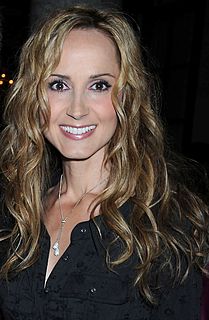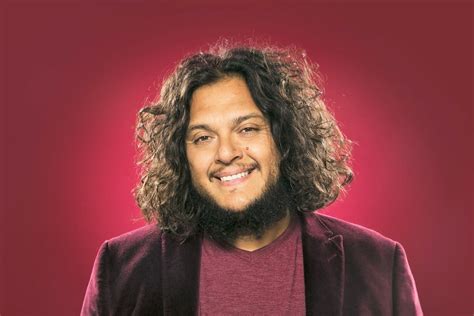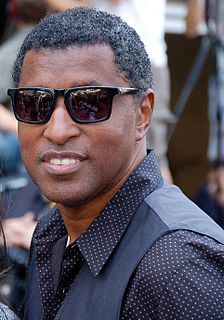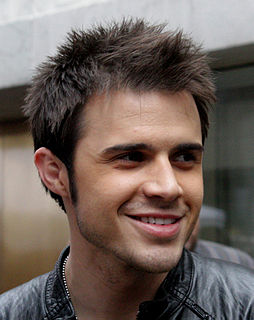A Quote by Chely Wright
I would like to say when I turn the project over to the label that I have been successful. And that's truly the way I feel. But, in addition to the self-pride in 'making' a good album, to be honest, I'd love to have a hit record!
Related Quotes
I listened to my first comedy album in 6th grade. It was Bill Cosby. My brother and I would play it over and over on a Fisher Price record player. A friend in high school also introduced me to Richard Pryor. I wasn't writing material back then, but I would say funny stuff. I was good at making fun of people's moms. If I knew something personal about you, it would be used against you.
I struggled with the pressure of having the successful record after the first record. Second album syndrome. I'm living proof; it's very real. It was like a psychological battle to be creative. I used to never feel pressure to be creative; it's always just been a fun thing. And then suddenly it's my job, and people are asking, 'Where's the record?'
I think for us, we don't feel like the future of music is in the act of being a record company. We feel like the future of the music business is in empowering artists to have better and better tools to communicate with their fans. We want to be people who are saying to artists, "Look, you don't need that company over there to release your album. You can do it this way." Almost more of a band partnership than a label-artist relationship. Not about ownership of content, but about empowerment.
That was an idea of the record company, and also that was my first album after MCA and we wanted to come back with a strong album that would be noticed. If we put the vocals by very talented people and very meaningful songs, then the vocals would be a platform so that I could be noticed again. All of the MCA albums were just loaded with problems -- you know, the right musicians, the engineers. The record company would say 'You have to make music for black radio, you can't do what you have been doing with The Crusaders.' Everybody was telling me that was over, finished, done.



































